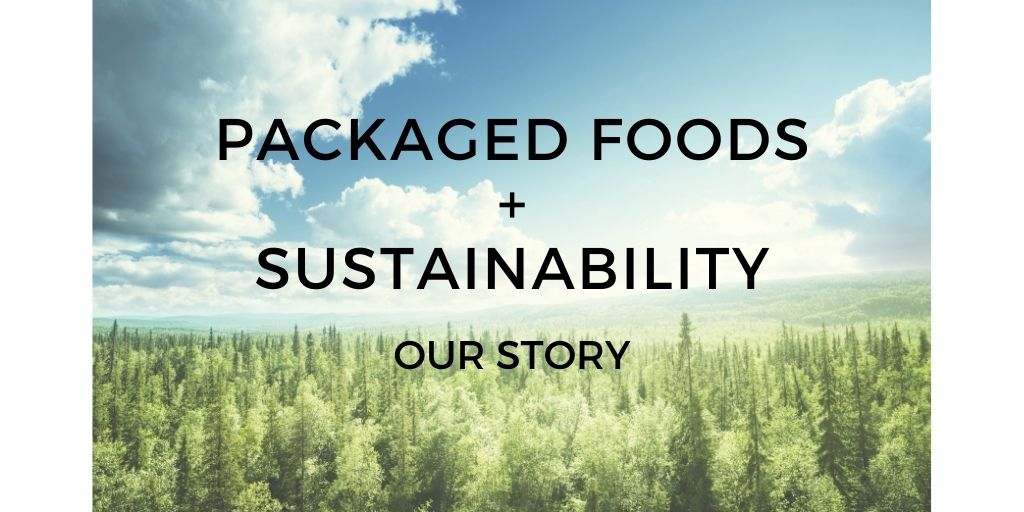
How Consumer Packaged Foods Can Be Sustainable
Consumer packaged foods can be sustainable. I'll show you how.
I’m a sustainability nerd. That’s why I started making bone broth in the first place. I saw it as a way to turn waste into liquid gold.
Fast forward to today, sustainability is a growing concern of mine and our guests. As the founder of a small business that makes and sells food products, I feel that it is my duty to educate.

Sustainability and Small Business is a Mess
Sustainability is part of our mission. But it is incredibly difficult.
The issue is that small business objectives are always in opposition to sustainability. Why? Because sustainable materials and practises are expensive. Like very expensive.
Moreover, sustainability efforts are always opposed to food safety and operational efficiency.
For example, sustainable packaging always results in a shorter shelf life and a worse customer experience.
Simply put, the materials are good, but not resilient. Sustainable packaging easily tears during transport or handing.
In our case, this results in leaky pouches. Trust me when I say that my heart breaks every time I hear about a leaky pouch. Luckily for us, it does not happen very often.
As a small business, it is difficult enough just to stay in business… especially during a pandemic.
What does a Small Business do to Be Sustainable?
Good question.
Clif bar is a massive company with a ton of resources to throw at this problem. Even they are having issues finding sustainable solutions to packaging.
As an industry, we have some work to do.
I’ve put a ton of research into the sustainability of our entire operation. I’ll explain what we are doing below.
Ingredient Sourcing
Bones are the main ingredient in our bone broth. When we started in 2016, organic bones were much easier to come by then they are now. They’re also much more expensive nowadays.
As a result, we’ve experimented with different types of bones to make our bone broth. We’ve worked extensively on research and development to find the right bones to make gelatinous and delicious bone broth.
The bones we use are off cuts, which are typically rendered into industrial products or wasted and end up in landfills.
We are able to upcycle these (previously) wasted bones into bone broth. This creates a deeper relationship between us and our farm partners.
We pride ourselves on sourcing bones from Canadian Certified Organic farms. All of our farm suppliers also have independent 3rd party animal welfare certificates.
Some of these farms also practise regenerative agriculture, which is a net positive for the environment.
Transportation and Shipping
Ingredient sourcing is important, so is transportation. Transportation makes up 23% of Canada’s greenhouse gas emissions.
The key is to limit the transportation of your ingredients and final product. You can do this by strategically locating your production facility to your ingredient suppliers.
However, this is incredibly difficult for tiny businesses like Bluebird. As fate would have it, our ingredient suppliers ended up being close to our manufacturing facility.
You’ll notice in our store that we typically ship in 6 pack or 12 pack quantities for our frozen bone broth. This is for environmental reasons.
It is too environmentally costly to ship 1 or 2 pouches of frozen bone broth across Canada. We need to maximize the weight and space per km travelled.
This is also why we have minimum order quantities for our grocery store and distributor partners.
Packaging and the Road to Compostable
Packaging gets a bad reputation. However, the right type of packaging is necessary until we find compostable packaging made of truly resilient materials.
As it stands, compostable packaging does not work for liquids, let alone frozen liquids. They disintegrate upon filling and freezing our bone broth.
However, we do use 100% recyclable pouches to package our new Instant Bone Broth Powder.
We are among the first companies in North America to put any powder product into a 100% recyclable pouch.
We have been working with our supplier on a new 100% compostable pouch, however, the materials are not quite ready. Further research and development is required.
When it is ready, we will be one of the first small businesses using 100% compostable pouches in North America.
What about our liquid bone broth?
We use standup plastic pouches for one reason: sustainability.
When you take a holistic approach to the environmental footprint of your packaging, things are not as they seem.
You see, less than 5% of the environmental impact of packaging is due to the final disposal. Over 95% of the damage is from manufacturing and delivering the packaging.
It may seem as though recyclable materials like glass jars are a better alternative. But this is only the case if you are comparing jars to highly toxic materials like PVC.
Glass is heavy and breaks easily. You need to take these into account when measuring sustainability.
When you look at a life cycle assessment of packaging, the lightest package is almost always the most environmentally sustainable. This is where the biggest net environmental impact is.
Distributed Team and no Office

Our team is 100% distributed. This means no office space to eat up energy. No transportation or commuting to an office.
Our storage warehouse is a third party operated facility. They have environmental efficiencies that we could never reach if we were to have our own warehouse.
For example, when a truck comes to ship our goods from their warehouse to a grocery store, it also ships many other goods and products to that store and other stores nearby.
These choices seem like small things, but they add up and produce incremental change.
Reusing Cardboard and Insulated Liners
All of our master cases are made from recycled materials.
Also, we are able to reuse our master cases to ship online orders. They are used as first incoming master cases from our production facility.
They are then re-used to ship your frozen bone broth. This, of course, is after a thorough sanitization and inspection process.
This is huge because it cuts down on the boxes we use by half.
We also re-use the insulated liners we ship our frozen bone broth to you in. Locally in Vancouver, we have a return / pickup option for these liners. This minimizes the amount of liners that end up in landfills.
Don’t worry, like our master cases, each liner is carefully sanitized and inspected by our QA team before it is re-used. Any damaged liners are not reused.
Many of our guests also re-use these liners for picnics or as coolers during travel. They are awesome!
So this is what we are doing to be as sustainable as possible.
I would ask you to challenge another business to share their sustainability story. By doing this we can educate consumers and businesses to create change.
What am I missing?
Leave a comment if you have any ideas for me.

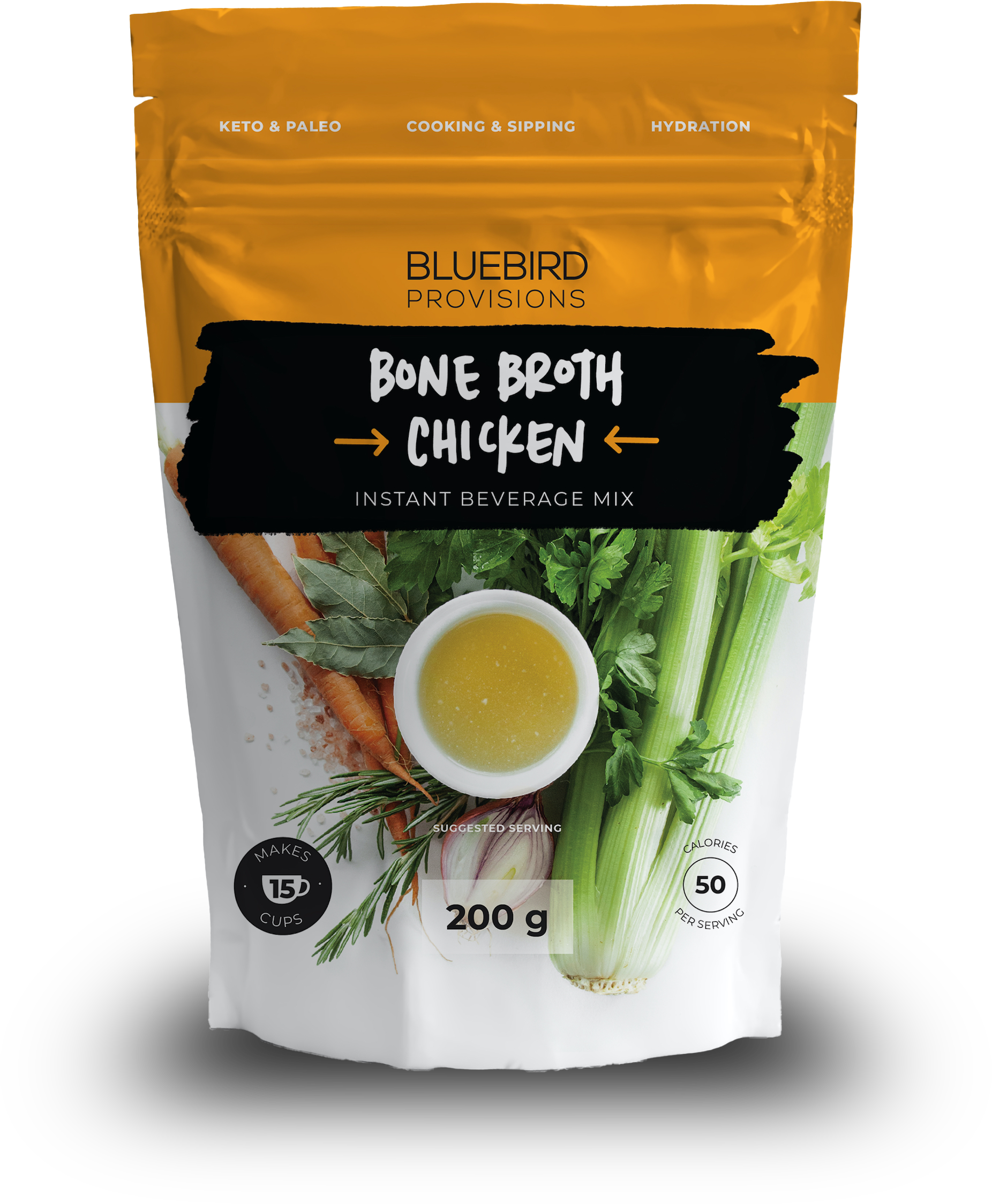
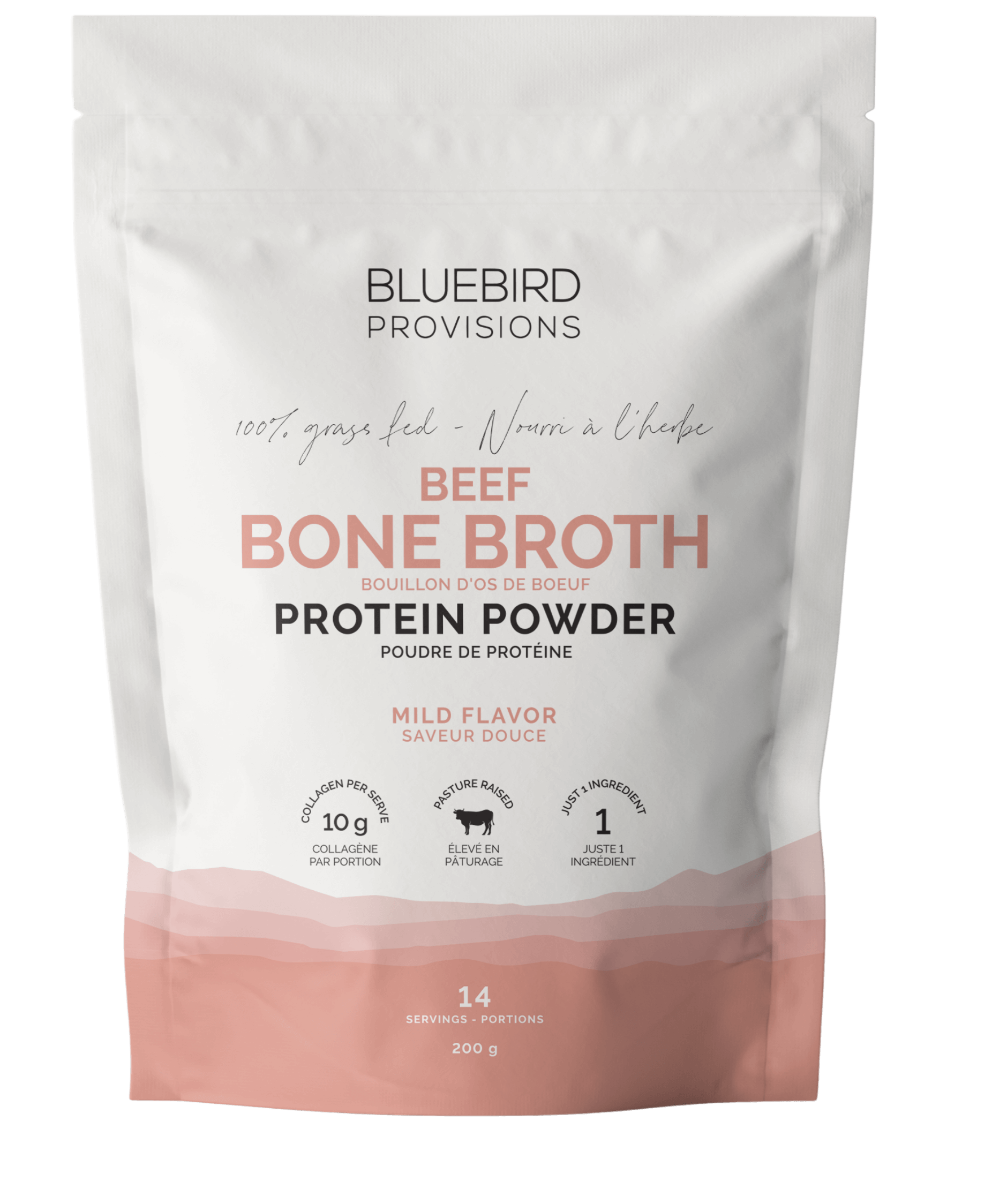
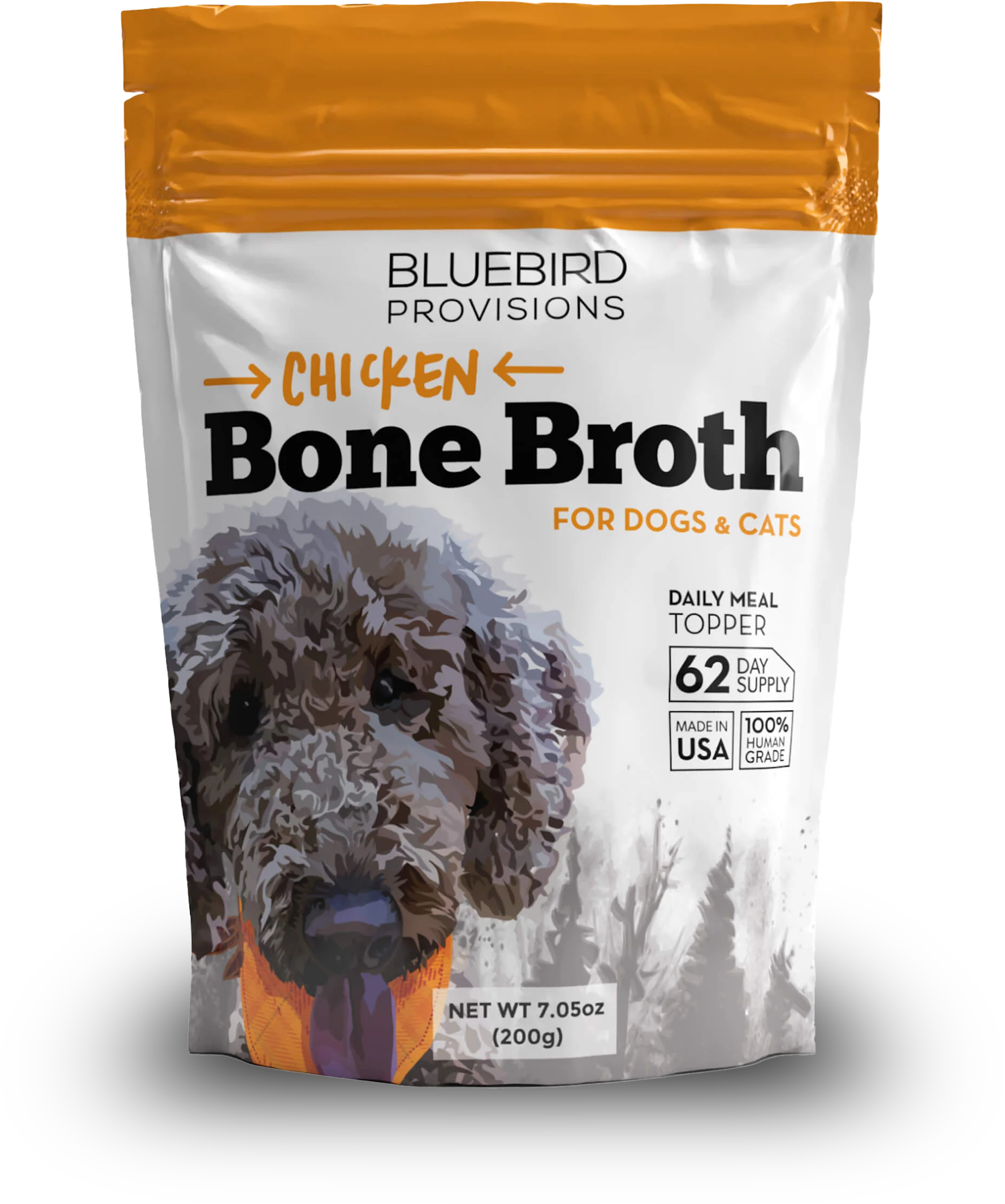
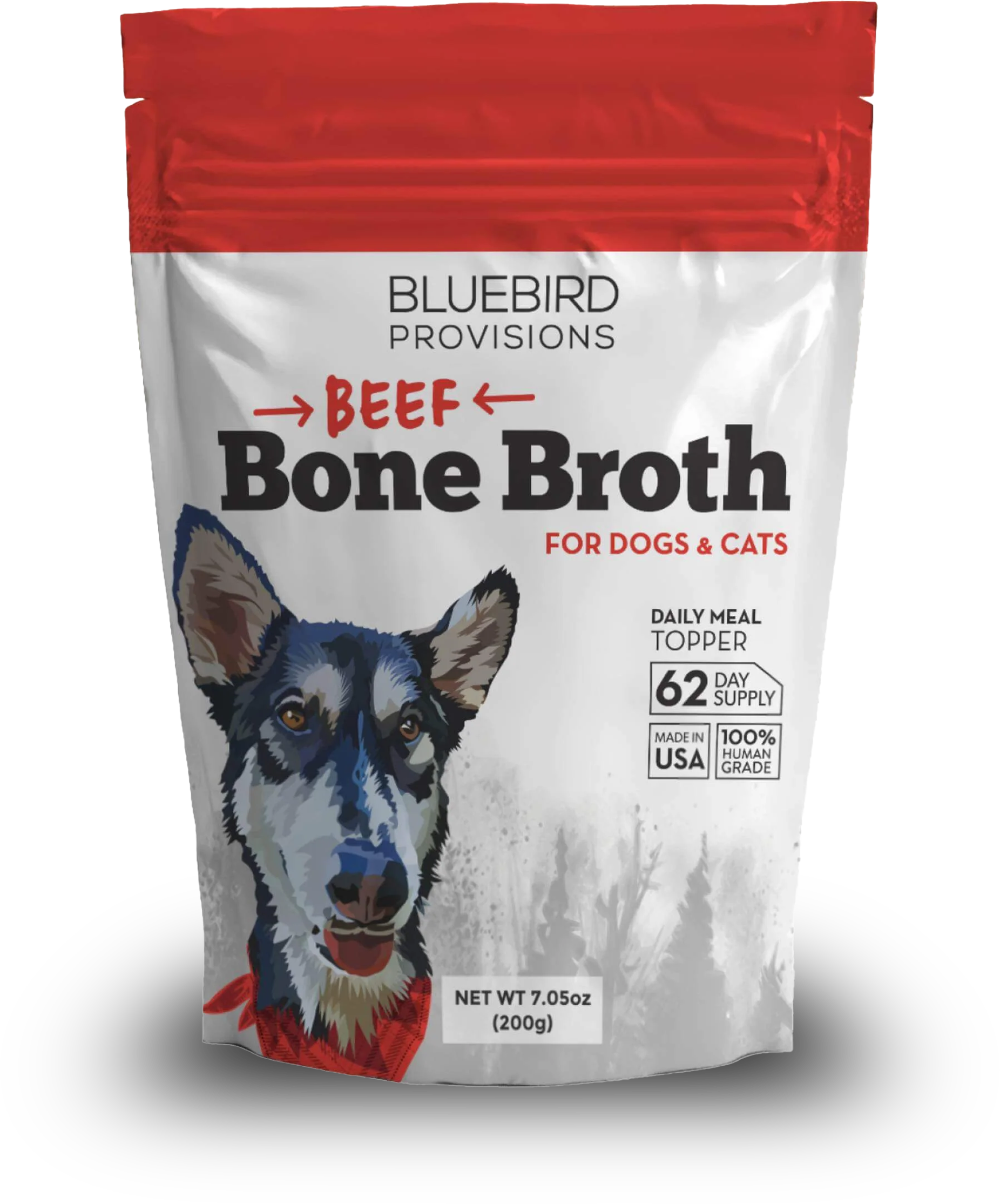
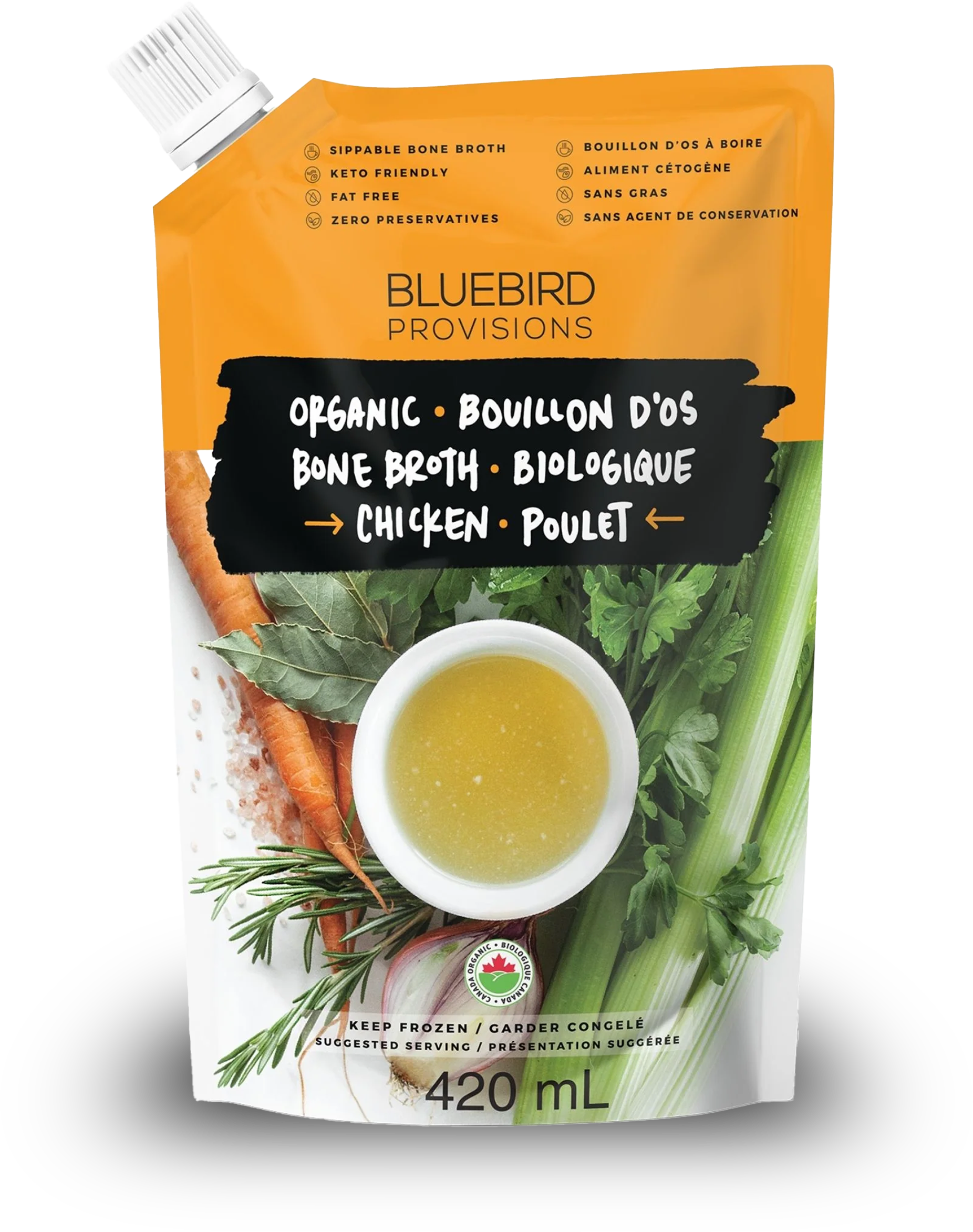
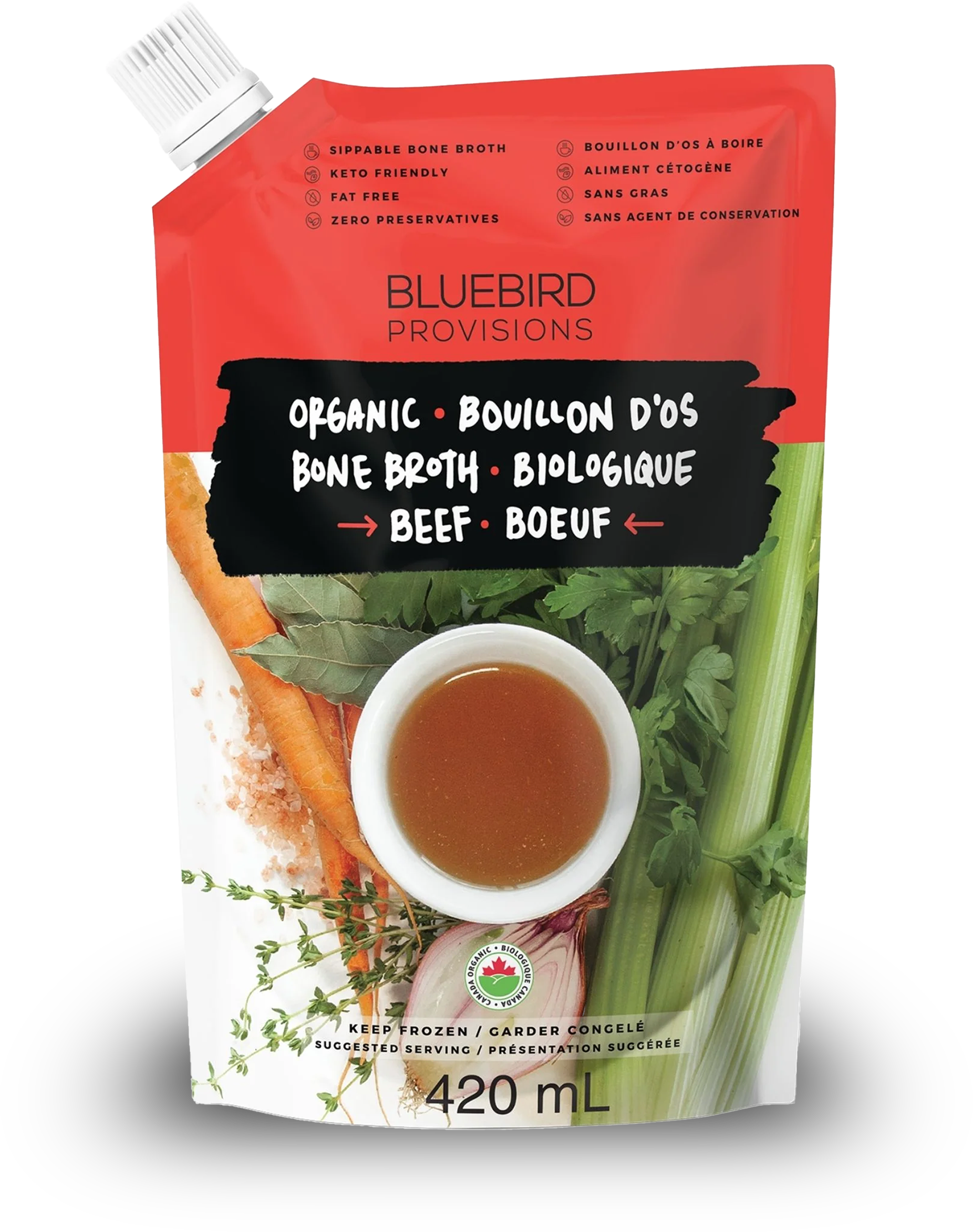


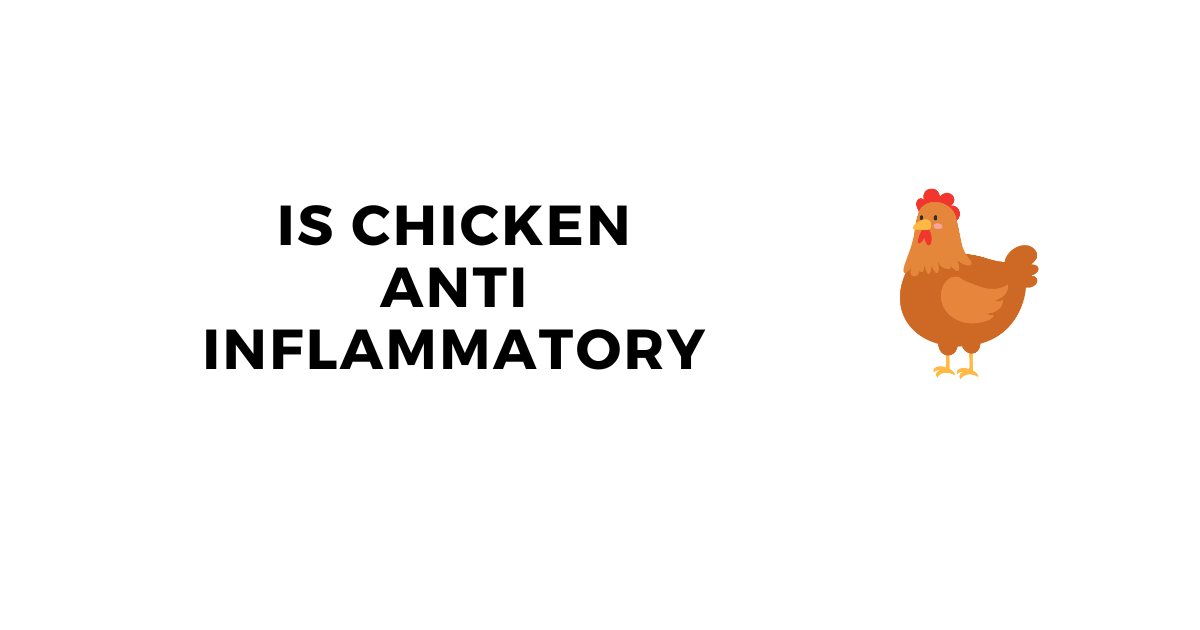

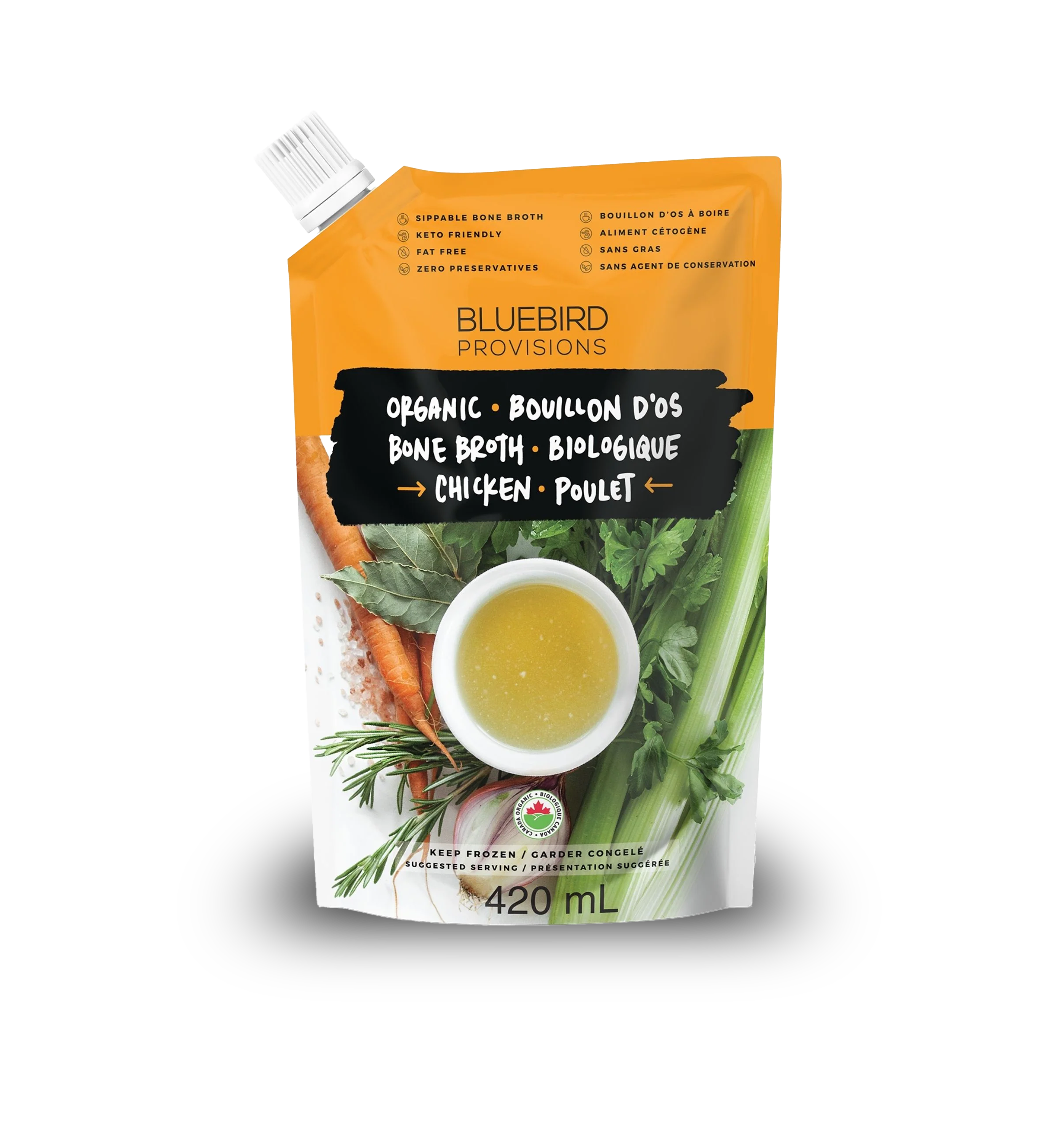
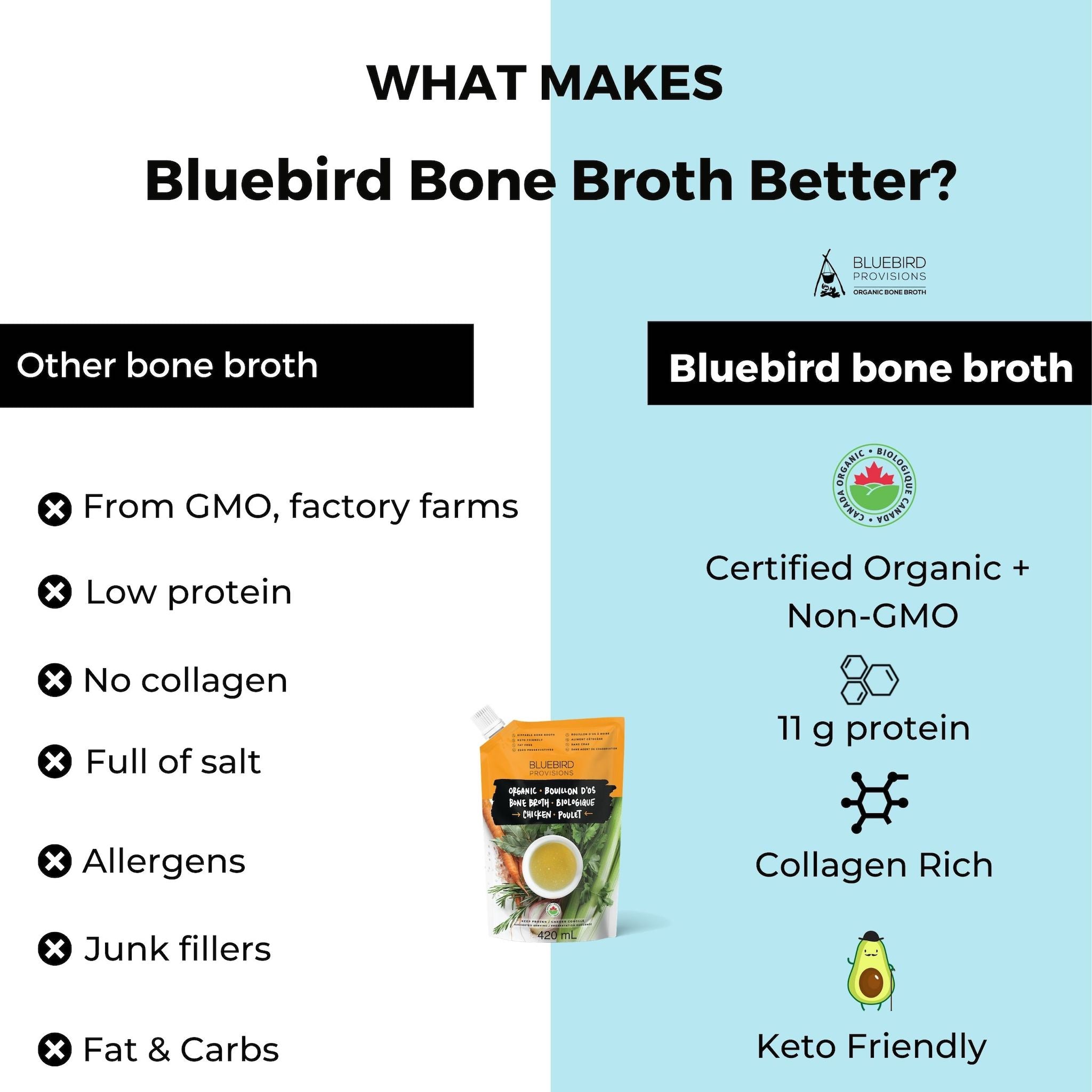
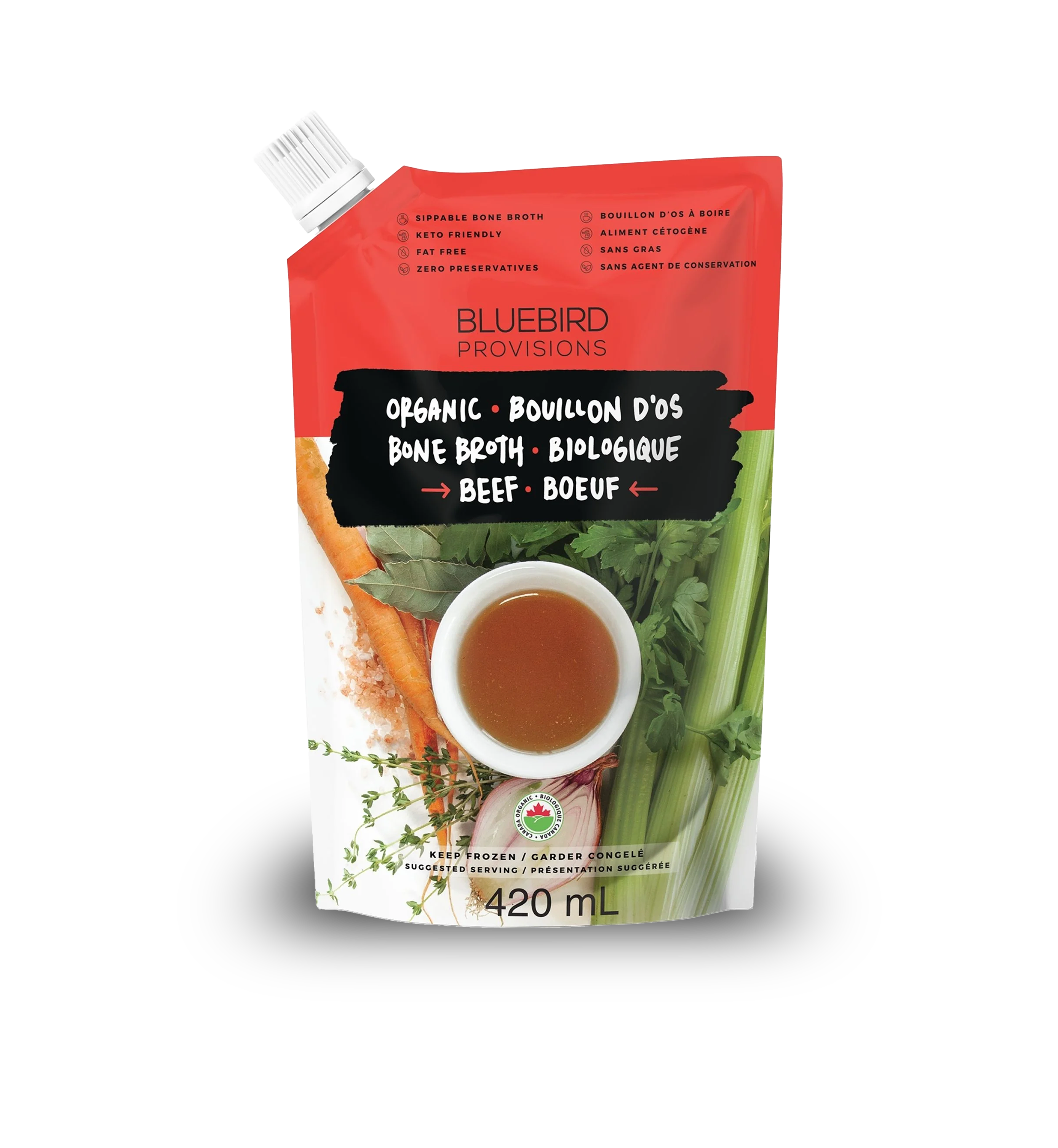
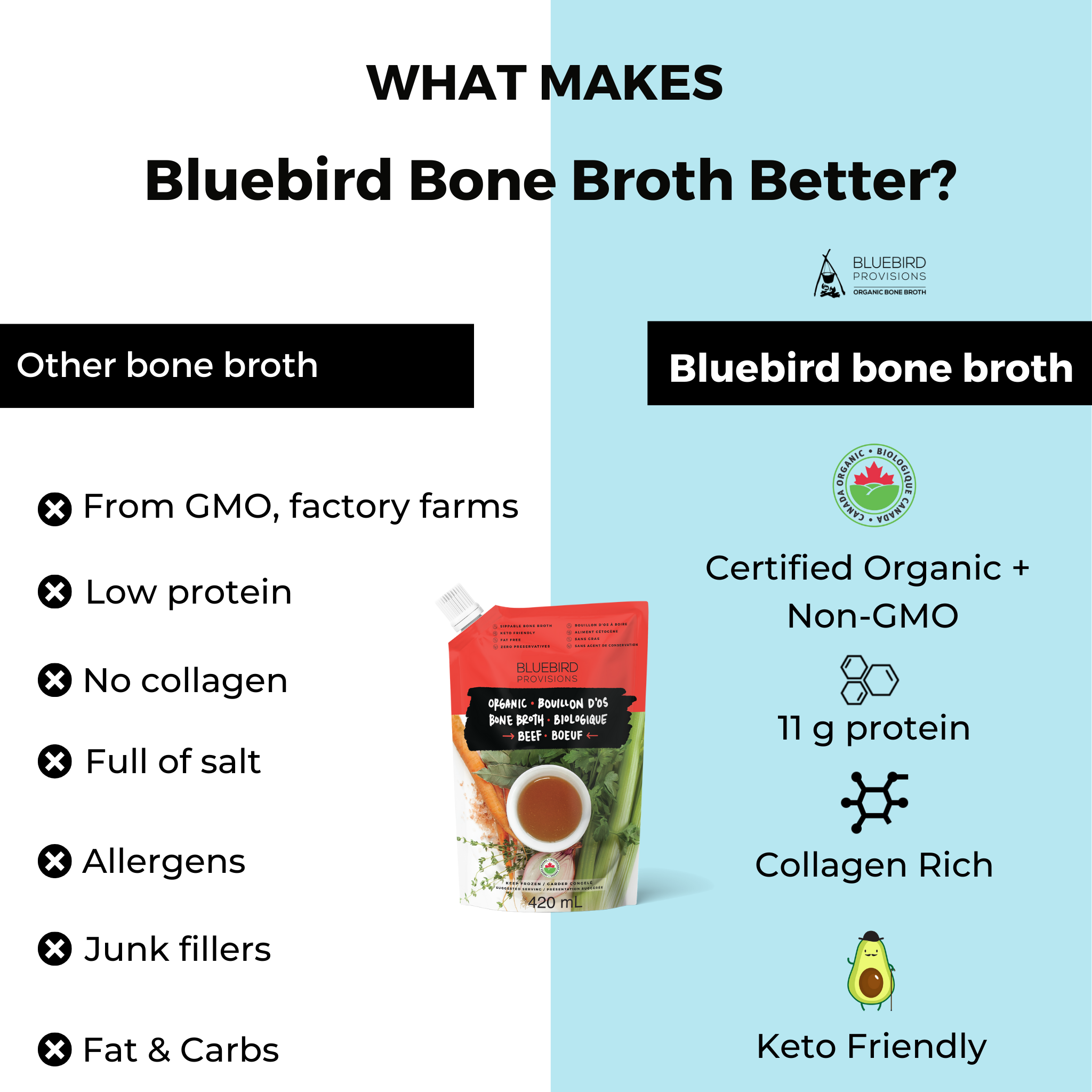
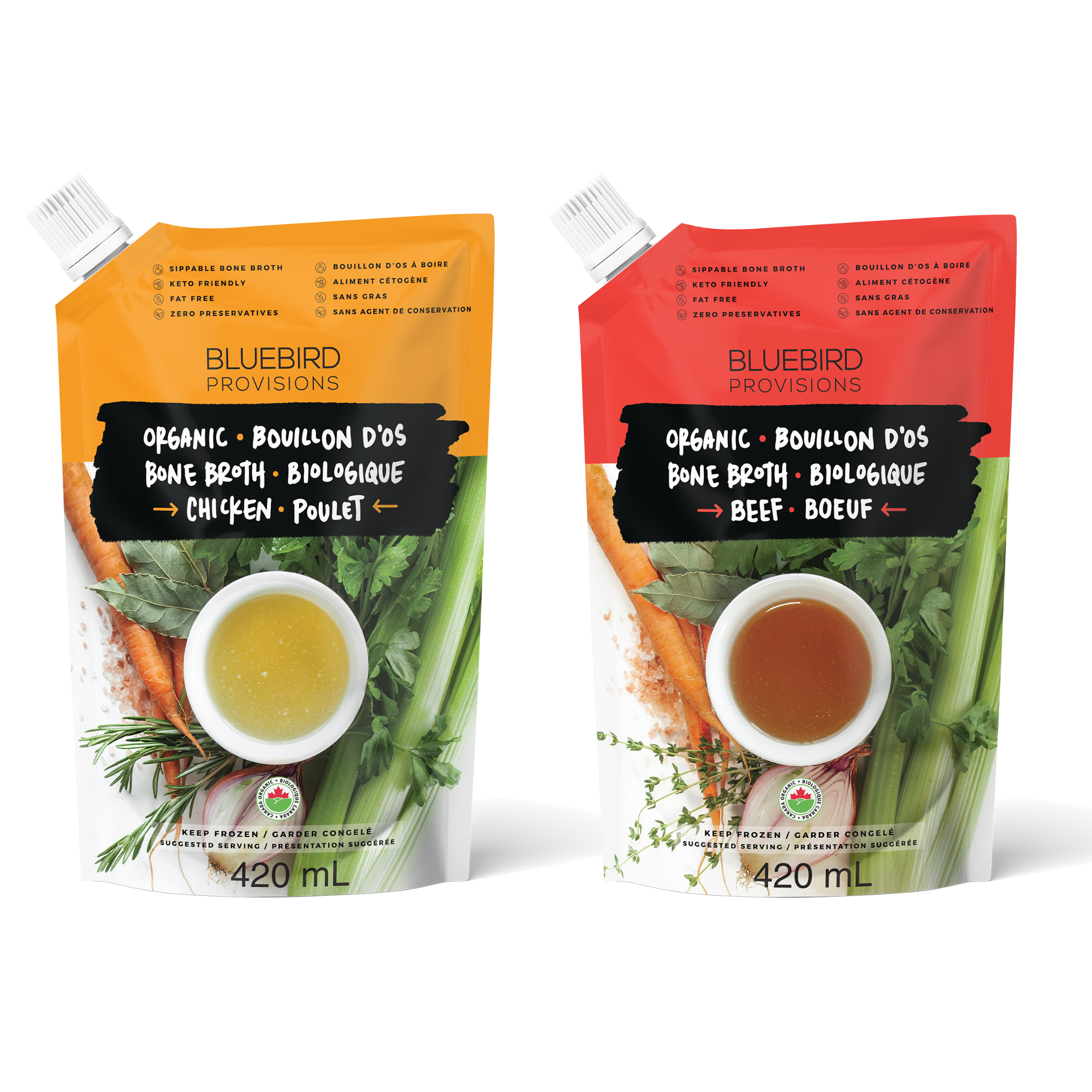
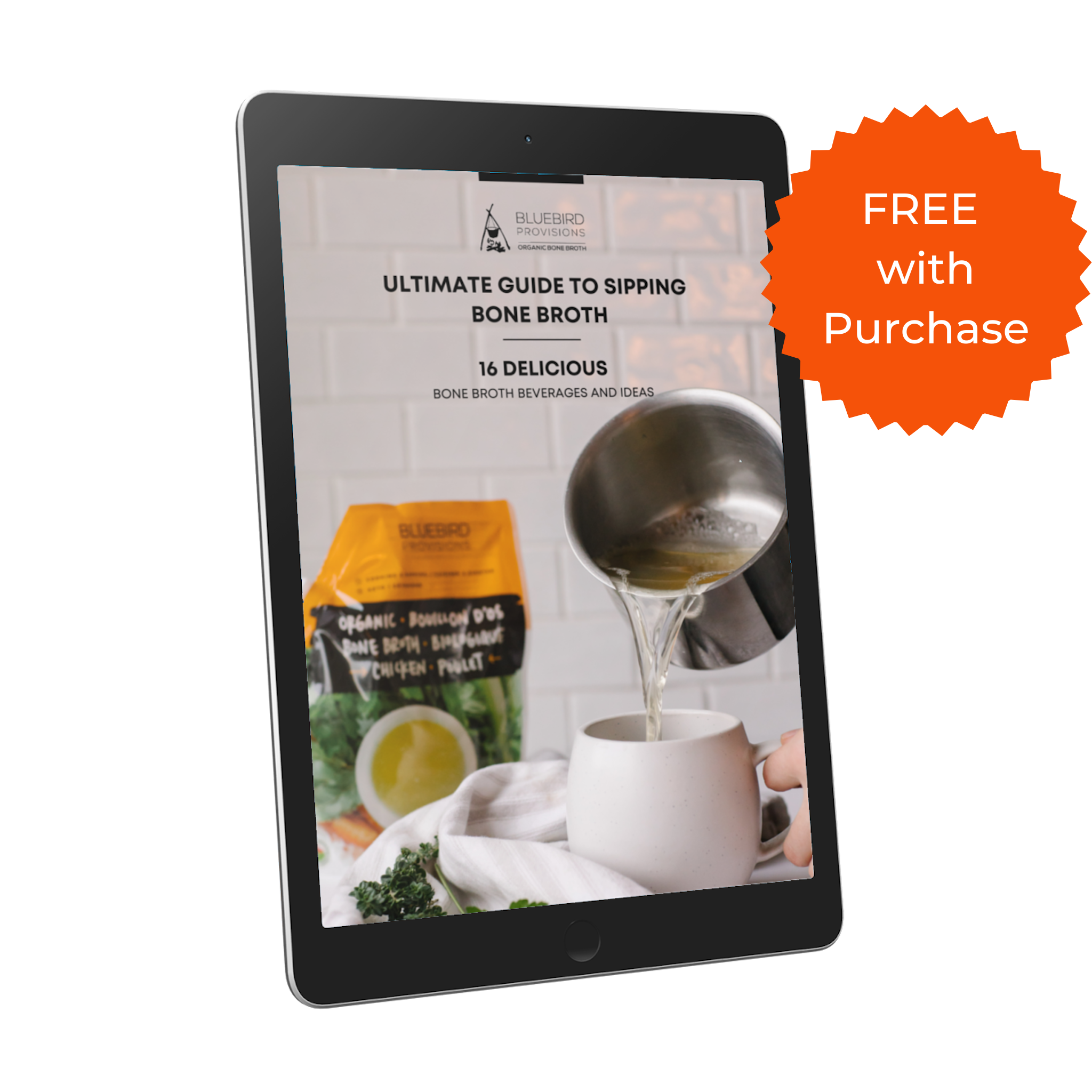
2 comments
Thanks so much Heather! They are a treat to work with :)
Connor at Bluebird Provisions
You seem to have covered everything and have done an impressive job! Love your dogs too.. Always nice to have helpful partners. 😄.
Heather
Leave a comment
This site is protected by hCaptcha and the hCaptcha Privacy Policy and Terms of Service apply.